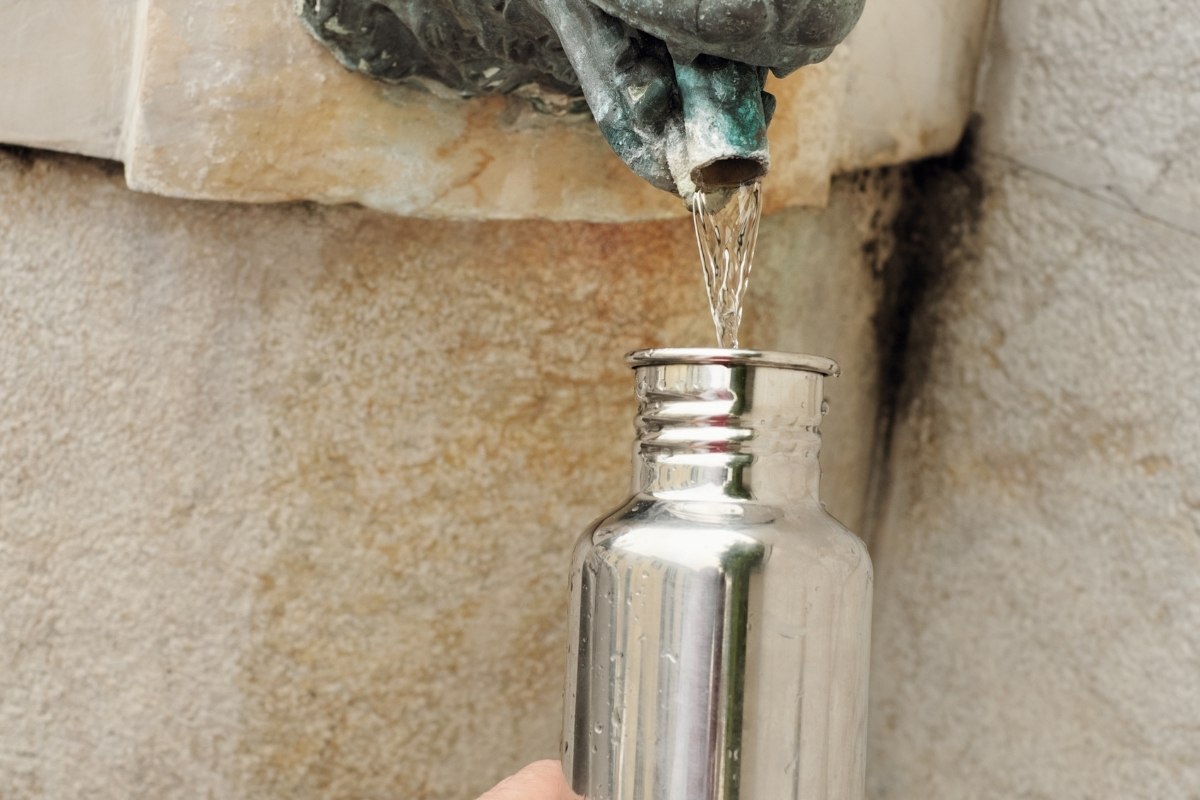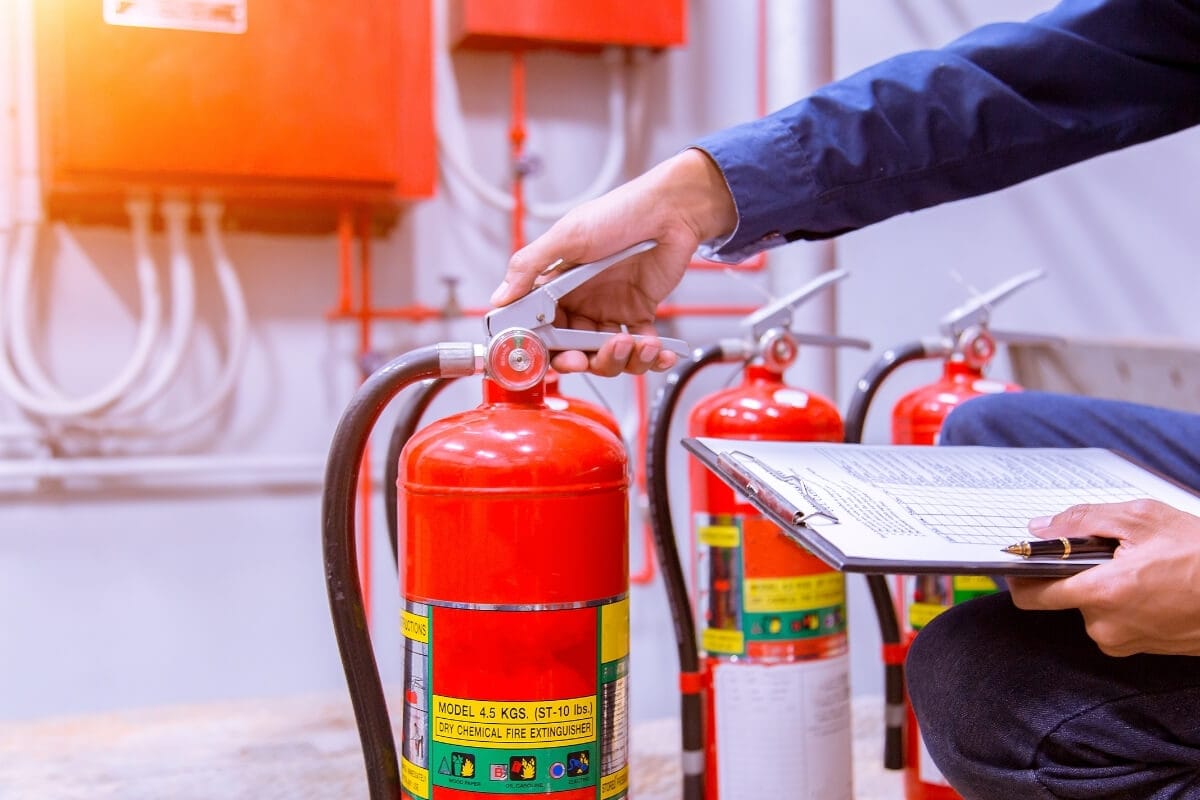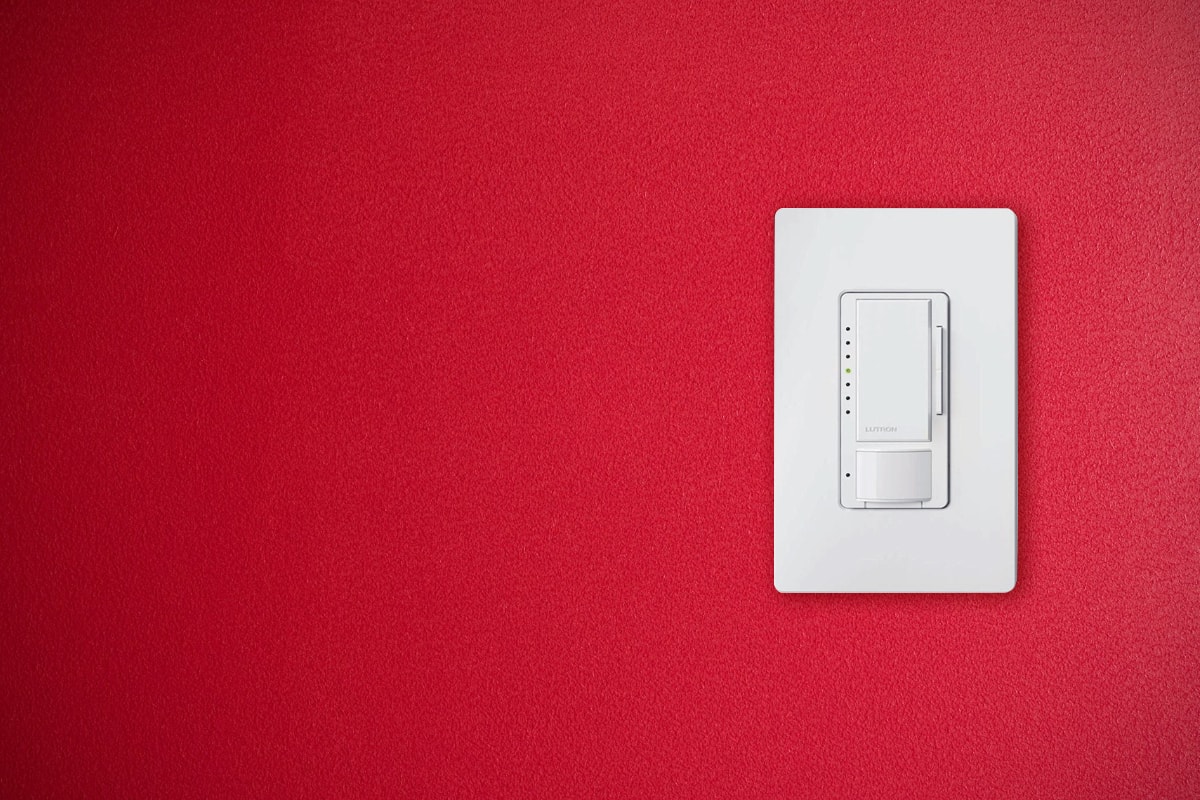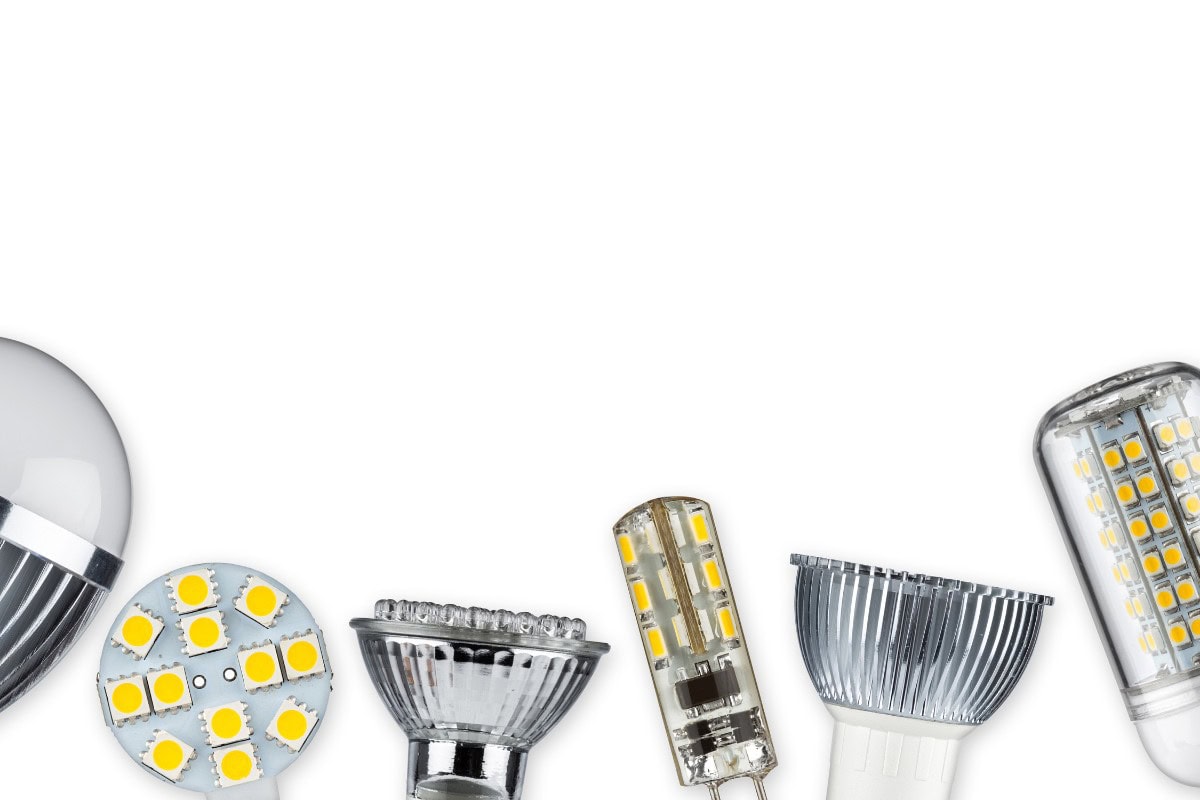Public water is the most practical solution to providing water to households. The creation of public water supply systems is one of the major developments that helped advanced civilizations.
The Roman empire, in the past, had aqueducts to supply cities with water. Instead of people spending copious amounts of time gathering clean water, the water is made more accessible to them. This allowed for more free time which are then redirected to efforts that improved communities. Some of these aqueducts are still standing today.
Public Water Is Not Great
The quality of public water is not always the greatest, which makes it necessary to consider the use of a water filter. One major weakness of public water is its delivery system. The delivery system is composed of pipes and other components that allow the water to be delivered to homes. The pipes and other components can get damaged, which can result in leaks that allow foreign substances to get into the water. Another thing is that in order to prevent microbial growth in the water, public water is often added with disinfectants.
The disinfectants and contaminants that are potentially present in the water can affect its quality and safety. Still, public water is much safer compared to private wells in certain locations. Human activities resulting in environmental pollution make it impossible to find clean underground water. A complex and expensive water filtration system is needed to address the various potential contaminants in well water.
Aside from microbes, the water filter must also remove iron and other minerals that affect the taste and smell of the water. On the other hand, public water has already undergone many treatment processes, and the water filter needed only has to remove disinfectant byproducts and more common contaminants that are easily dealt with.









